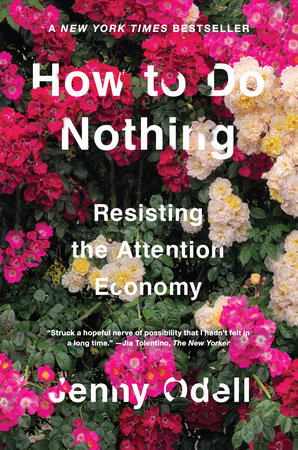"My mother didn't let me read comics growing up. She thought comics were morally low rent, for morons. Superheroes, cartoons, animation-- didn't matter. I had to go to a friend's house to look at comic books." She points to two sources as essential to turning her love of drawing into there vocation as a cartoonist. One was Addams' work (from this magazine), which she first encountered as a child in the nineteen-sixties. "'Black Maria,' 'The Goaning Board,' 'Monster Rally,' 'Drawn & Quartered,'" she says rapturously reciting titles of Addams collections. "These are books that I discovered at the browsing library at Cornell. My parents used to go to Ithaca in the summer-- they lived in student quarters and it was cheap. There were other Brooklyn school-teachers, mostly Jewish, mostly without children. When my parents took me, they let me hang out."
COMMENT
This is the tale of the life-changing book, but also a coming of age when the unsupervised child discovers the books her parents won't let her read. The library is also a refuge where a teenager with no friends can hang out.
The life-changing book is a classic, but at the Cornell Library it was in the browsing collection-- labeled as something just for fun. Still, it works its magic, starting a girl down her career path.


